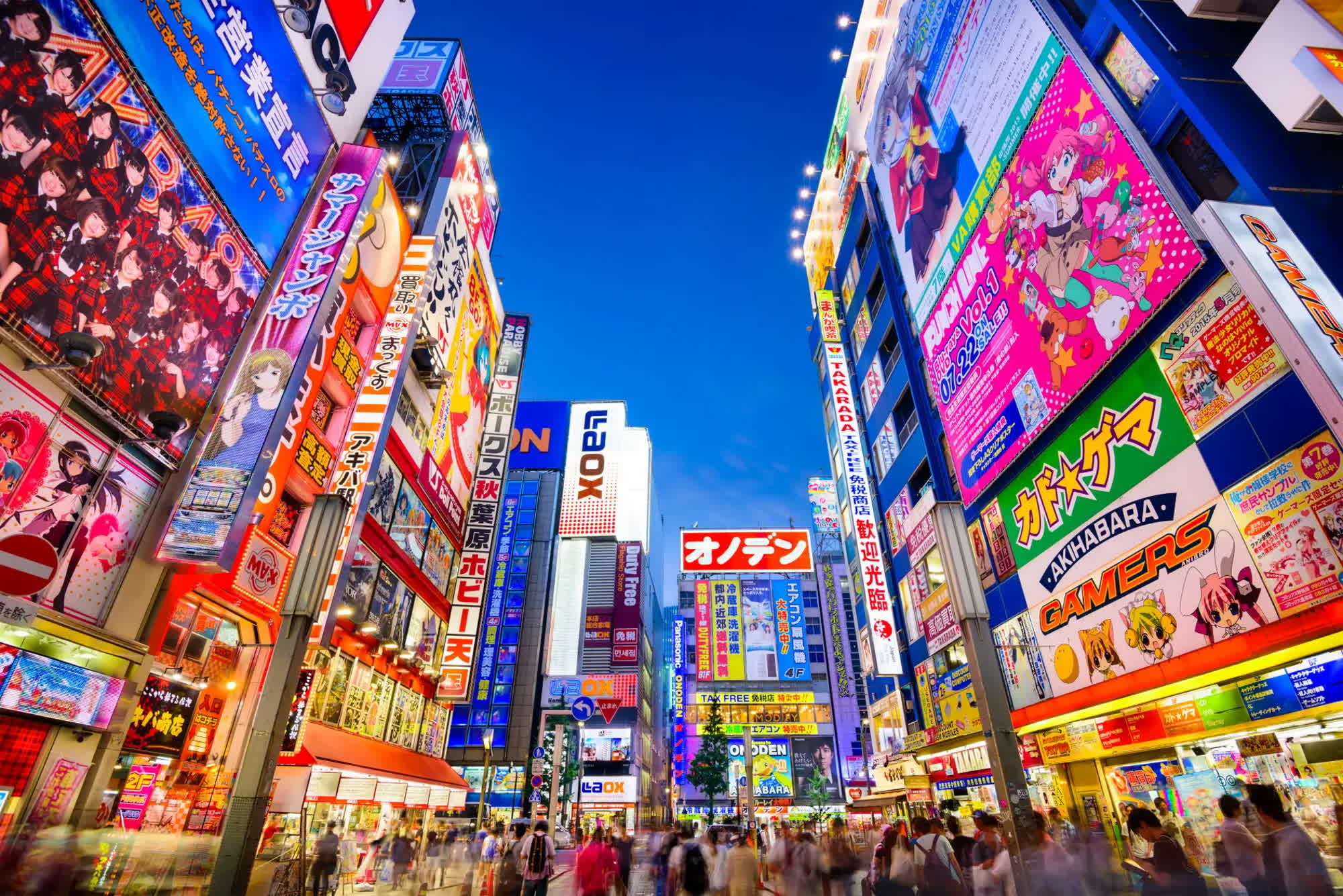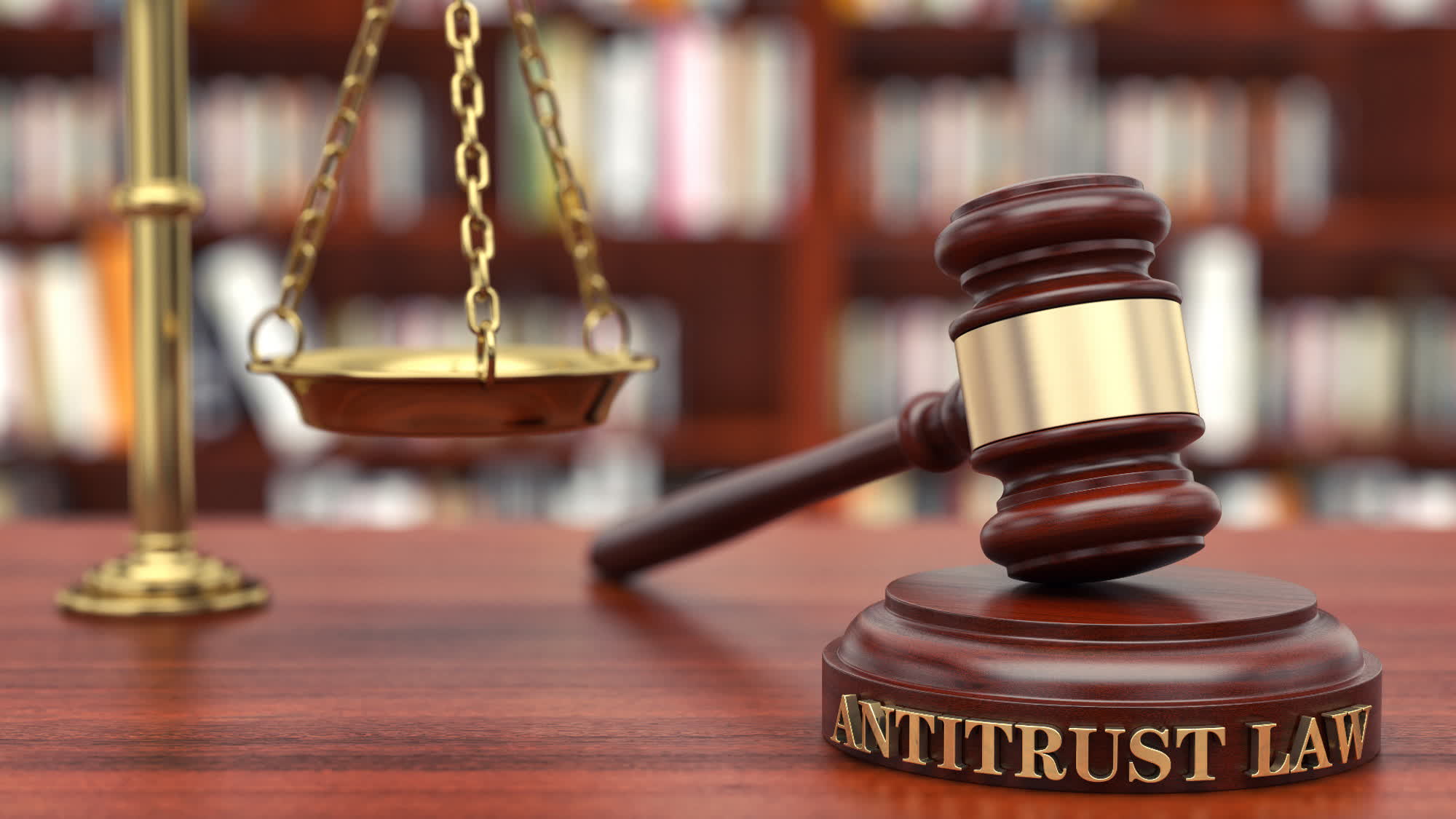Something to look forward to: Lawmakers around the world have begun to exhibit a more proactive stance toward openness and competition in mobile ecosystems. Apple and Google, the companies controlling the global mobile market with their respective operating systems, will face heightened scrutiny and stricter penalties if they violate regulations.

According to a new report by Nikkei Asia, Japanese authorities are poised to toughen their antitrust regulations, posing a significant challenge to incumbents in the mobile market. The publication revealed that penalties aimed at curbing monopolistic practices will see a substantial increase, with fines more than tripled compared to current antitrust laws.
The new antitrust legislation is being drafted by Japan's Fair Trade Commission (FTC) and is squarely aimed at the mobile ecosystems of Apple and Google. Big Tech corporations will be compelled to allow third-party app stores and alternative payment methods within their closed ecosystems, or face fines of up to 20 percent of their revenue in the country.
According to Nikkei Asia, further violations could lead to a maximum fine of 30 percent of a company's revenue. Mobile app stores generate significant revenue for Big Tech companies, and previous antitrust laws in Japan were criticized for being too lenient in addressing predatory practices in app stores and the substantial share collected by these companies on sales from third-party apps.

Apple's rules for the iOS store entail a 15 percent cut from app sales, while developers earning over $1 million annually face a 30 percent contribution to Cupertino's coffers. Google adopts a similar model, taking a 15 percent cut on the initial $1 million earned by three percent of app makers, with developers surpassing this threshold obligated to pay a 30 percent fee annually.
Japan's FTC is anticipated to present a comprehensive draft of the new antitrust regulations to lawmaker groups, including the Liberal Democratic Party's economy and industry unit. Parliament members could deliberate on the draft as soon as this month, potentially reshaping Japan's mobile market and compelling Apple and Google to overhaul their business practices, much like they've had to do in other parts of the world.
In Europe, the newly ratified regulations of the Digital Markets Act aim to propel the continent's mobile market into an era of app sideloading, increased store competition, and enhanced consumer protection. Meanwhile, in the US, antitrust lawsuits have been filed against Google and Apple. Mountain View recently settled a case brought by US states and Washington DC with a $700 million payout, while Cupertino faces legal action from 15 states and the Department of Justice.
Japan aims to strengthen antitrust laws against Apple and Google